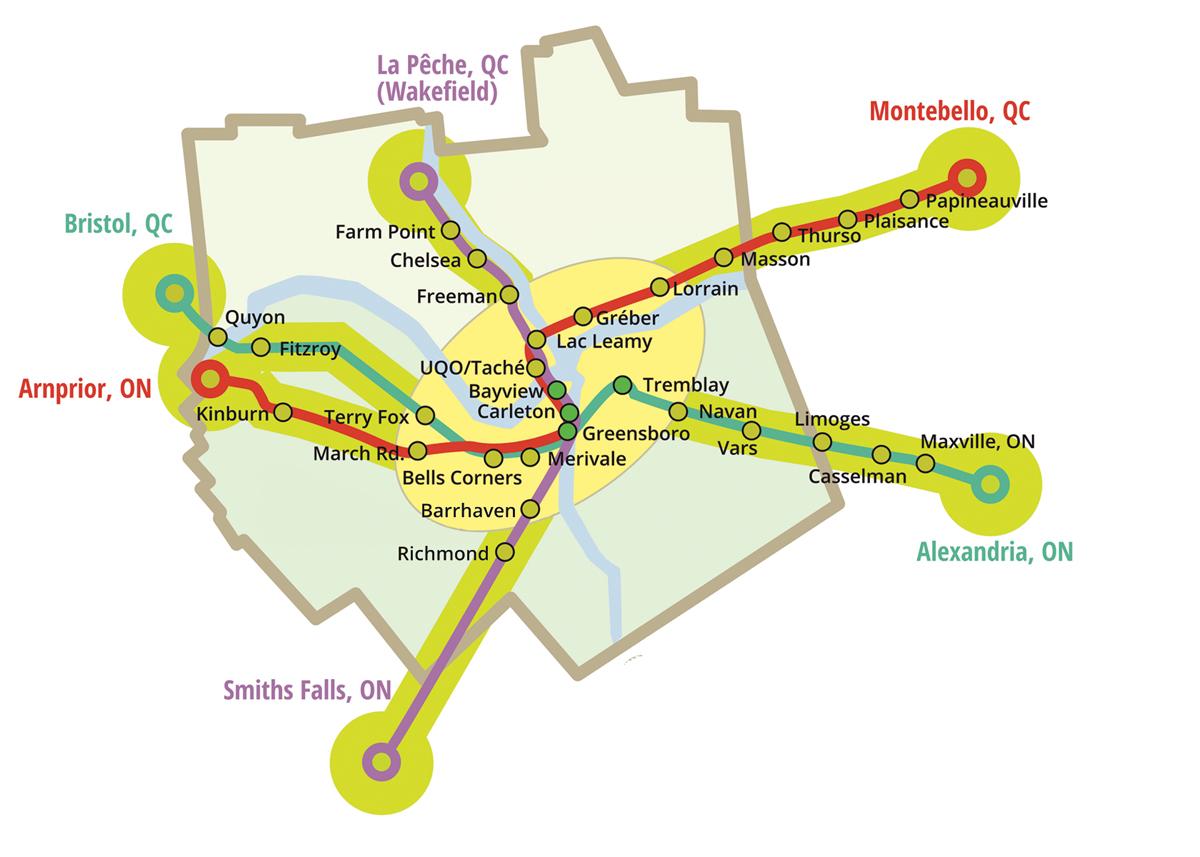
Pipeline Update
Proponents for the Northern Gateway Pipeline are likely breathing a small sigh of relief now that Christy Clark has kept her job as Premier of British Columbia. Had the NDP won, chances are the Pipeline would have been dead in the water. That said, smooth sailing is by no means guaranteed. However, the fact that the focus of the Liberal campaign was on economic development for the province, Pipeline advocates are likely pleased with the election outcome as large-scale projects will likely find a friend in the Liberal government.
Enter the controversial $6 billion Northern Gateway Pipeline proposal by Enbridge. It would carry diluted bitumen from the Alberta oil sands through northern B.C. to a tanker port in Kitimat. Opposition to the project has been strong from environmentalists, communities along the pipeline route and Aboriginal leaders (who fear the project could potentially violate their constitutional rights) to name a few. The concern is the impact and potential environmental disasters of leaks on the areas in which the pipeline passes (from Edmonton to Kitimat via forests, animal habitats etc.) As well, increased tanker traffic in B.C. is unwelcomed by many and the increased risk of spills that go along with that.
The B.C. government has always been very cautious in its response to the project arguing that B.C. needs to get its fair share of the pie. In fact, back in 2012, Clark’s government issued five conditions that would have to be met in order for B.C. to sign on.
• Successful completion of the environmental review process and a recommendation by the National Energy Board Joint Review Panel that the project can proceed.
• World-leading marine oil spill response, prevention and recovery systems for B.C.’s coastline and ocean to manage and mitigate the risks and cost of heavy oil pipelines and shipments.
• World-leading practices for land oil-spill prevention, response and recovery systems to manage and mitigate the risks and costs of heavy oil pipelines.
• Ensure that Aboriginal and treaty rights are addressed, and First Nations are provided with the opportunities, information and resources necessary to participate in and benefit from the project.
• British Columbia receives a fair share of the fiscal and economic benefits. Clark says not all of the conditions have been met so sign off is not yet possible. But she isn’t closing the door.
As for her first requirement, public hearings on the Enbridge Northern Gateway Pipeline project are likely wrapping up in June and the Panel will get started putting together its final report. However, back in April, the Panel did publish some potential conditions that would have to be met. This is just a standard step in the hearing process that is mandated by the courts so it isn’t final, but it does give a sense of what the Panel is thinking. It made 199 conditions that included the requirement for coverage of $950 million for clean-up, remediation and any other damage that might result from the project.
The company would also have to undertake a research program on the behaviour of heavy oils, like bitumen.
Other key conditions include submitting environmental and marine monitoring plans as well as tracking Aboriginal, local and regional employment. This information would then be reviewed by the National Energy Board.
The Panel has until the end of the year to file its final report and is getting ready to hear closing arguments and responses to its 199 conditions.
However, the Pipeline process may get a bit more complicated as some First Nations are planning on questioning the constitutionality of the process, which could slow things down.
For its part, Enbridge has been working on public relations in attempt to garner more support for its proposal.
As for the federal government, back in March, Prime Minister Harper appointed a representative to consider how pipelines would impact First Nations. The Prime Minister’s envoy is to report back in a preliminary fashion in June with a final report expected in November.
To put it mildly, there are still a few pieces of the puzzle that need to be worked out before this project gets the green regulatory light. While the National Energy Board and Premier Christy Clark both have a big say in what happens, and so far, there is no real evidence either will try to proactively ice the project. Public opinion and Aboriginal support are two of the remaining wild cards.
However, at the end of the day, after all of this process and input and consultation, it will still be up to Stephen Harper and his cabinet to make the final decision. Time will tell.









